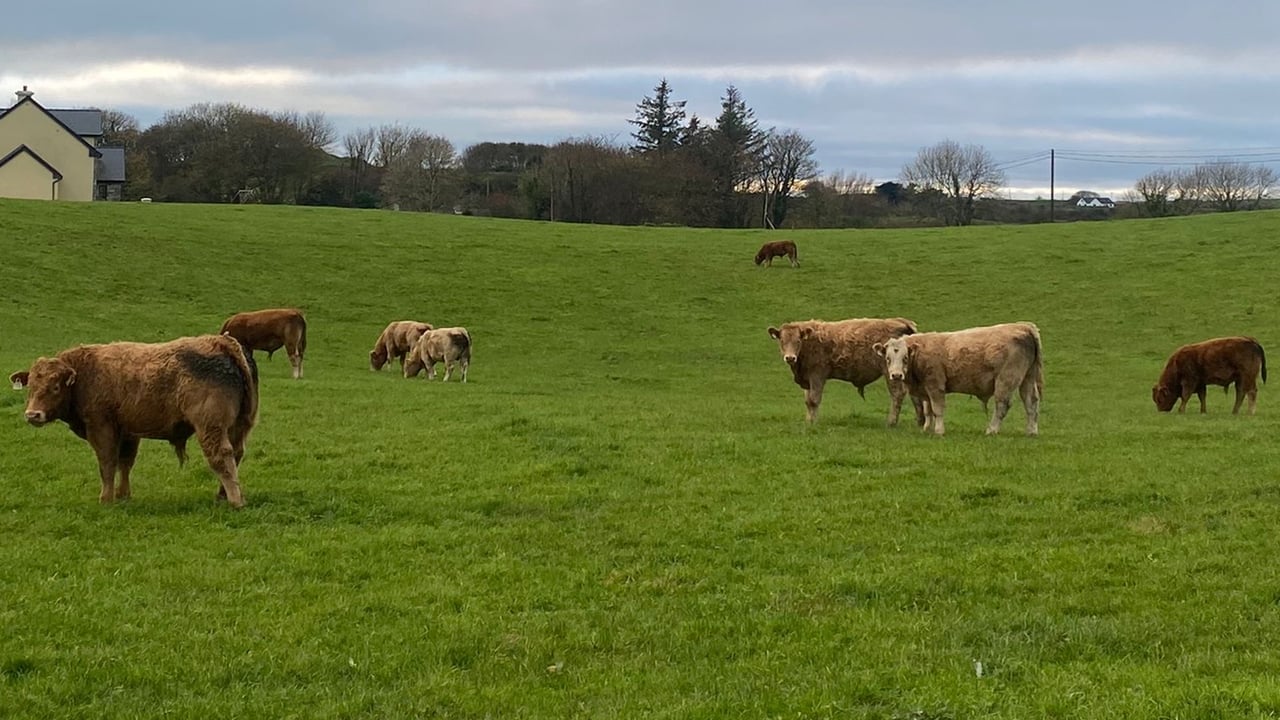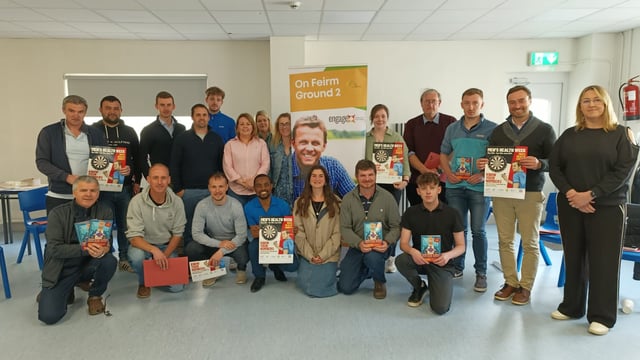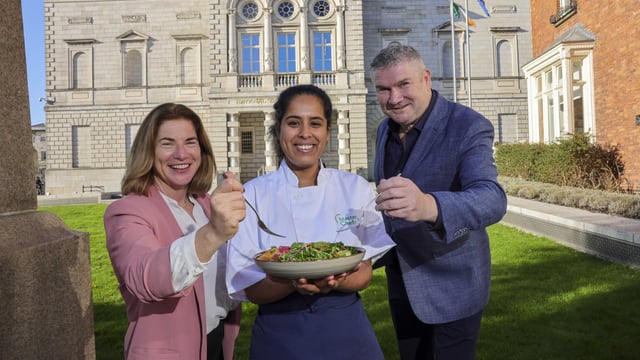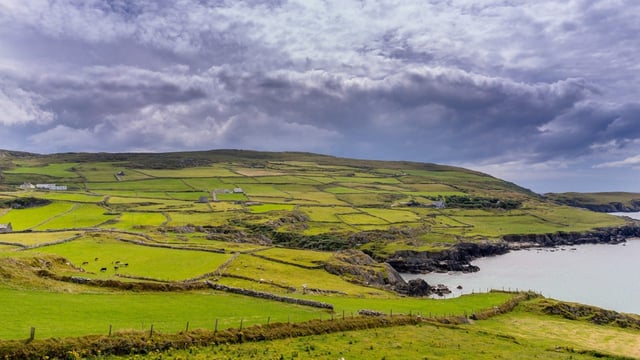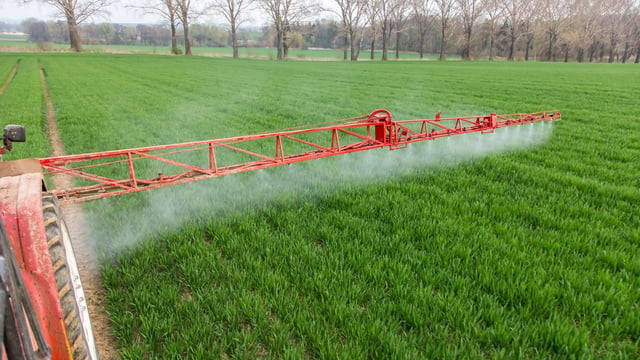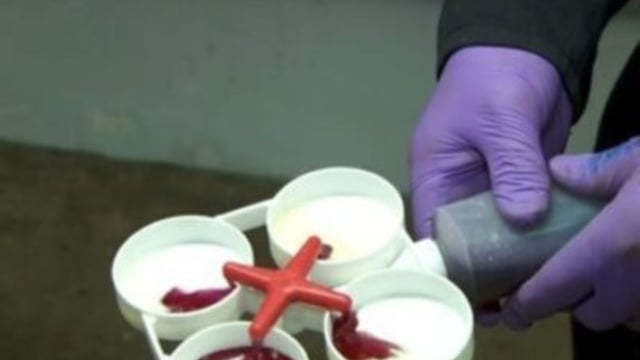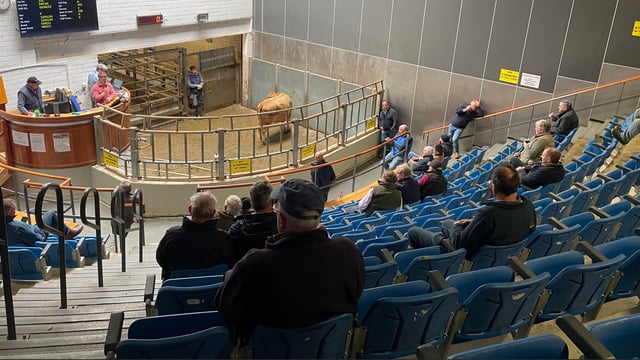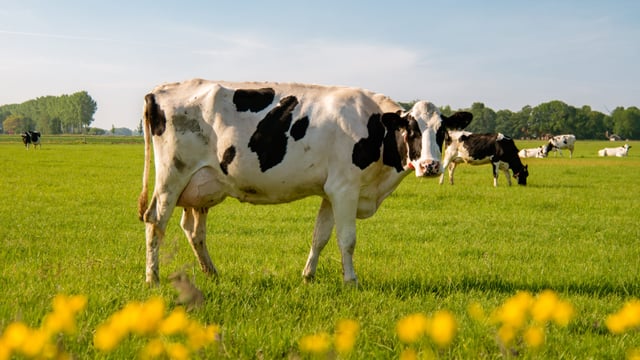EU Parliament and Council reach deal on CAP simplification
The European Parliament and the EU Council presidency have reached a provisional agreement on simplifying the Common Agricultural Policy (CAP).
The agreement, struck last night (Monday, November 10) by negotiators, aims to ease the administrative burden for farmers and administrations.
In May, the European Commission presented a package of measures to simplify the current CAP.
This arose from recommendations from the Strategic Dialogue on the Future of Agriculture.
According to the European Commission’s initial assessment, the measures could lead to annual savings of up to €1.6 billion for farmers and more than €200 million for member states’ administrations.
CAP
The agreement struck last night seeks to increase the payments to small farmers, reduce on-the-spot checks and simplify the rules on conditionality, in particular for organic farms.
It also includes the European Commission proposal to allow member states provide crisis payments to active farmers that are affected by natural disasters, adverse climatic events or catastrophic events.
The commission has said that such payments will ensure continuity of the agricultural activity of the affected farmers.
The provisional agreement seeks to “improve” the following elements of the commission proposal:
- Gives flexibility to member states to decide to what extent partially organic farms could be considered to fulfil certain environmental standards, the so-called GAECs (good agricultural and environmental conditions);
- Improves the possibility for farmers to benefit from risk management tools;
- Increases the percentage rate for advanced direct payments.
Parliament negotiators insisted that the ceilings for support for small farmers be raised to an annual payment of up to €3,000, rather than the €2,500 proposed by the commission.
They also demanded a new one-off payment for business development of up to €75,000, up from the proposed €50,000.
MEPs secured an agreement that land considered arable on January 1, 2026 could maintain this status even if it has not been ploughed up, tilled, or reseeded.
They also defended the “once-only” principle for inspections proposed by the commission, whereby farmers should not have to undergo more than one official on-the-spot check in any given year.
Agreement
Jacob Jensen, Minister for Food, Agriculture and Fisheries of Denmark, which currently holds the EU presidency, said the agreement is “an important step in the direction of simplification” of the CAP.
“It not only contributes to the competitiveness of our farmers; it also makes it easier to deliver on our green ambitions, by giving farmers and member states more flexibility in the implementation of green requirements.
“The Danish presidency will continue to focus on simplification for farmers in the negotiations on the Common Agricultural Policy after 2027,” he added.
The provisional agreement must now be confirmed by the council and the European Parliament before the legislation is formally adopted.
European Commissioner for Agriculture Christophe Hansen described the deal as "a big win for EU farmers".
🎯Simplification promised, simplification delivered!
— Christophe Hansen (@CHansenEU) November 10, 2025
Co-legislators have sealed the deal, cutting red tape & bureaucracy for farmers & national administrations
A big win for EU farmers & agri-food producers, helping them focus on feeding Europe with simpler policies 👩🌾 pic.twitter.com/GG5SW7HFMr
Fianna Fáil MEP Cynthia Ní Mhurchú welcomed all moves towards simplifying CAP for farmers, but does not think they have gone far enough.
“The Irish presidency of the council, next year, is a unique opportunity for us to put farmers first and ramp up the focus on simplification for farmers and cutting red tape in any Common Agricultural Policy negotiations,” she said.
The Ireland South MEP particularly welcomed that this agreement maintains the Commission proposal to allow member states providing crisis payments to active farmers.
“I would suggest that this crisis payment should be considered for our turkey farmers who are facing uncertainty and financial hardship at a critical time for their businesses.
“I will be raising this in Brussels this morning. Our turkey farmers need our support,” she said.

